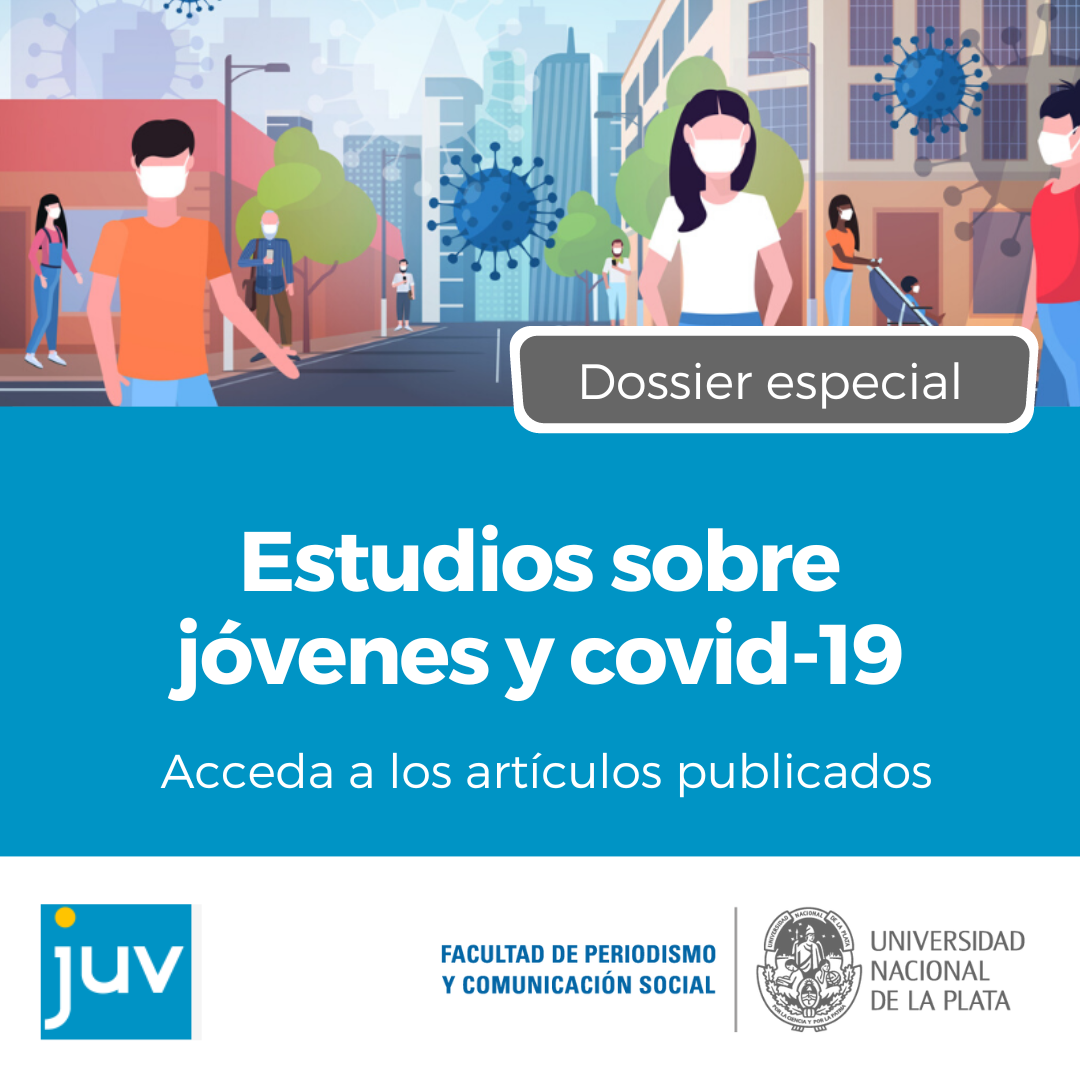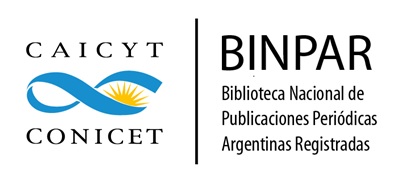Unionism and young people: weak relations in precarious times?
Keywords:
Precarious work, public employee, unions, young people.Abstract
The last decade was crossed by transformations in the world of work evident in the growth of employment and trade union revitalization process. But despite these changes, precarious work is manifested as a legacy of the neoliberal offensive has not yet managed to be reversed. In this context, many young people enter in a labor market that, however reassembled employment rates, maintained high levels of precariousness. This article aims to problematize the relationship between young workers and trade unions through a case study focusing on university interns from the public administration of the province of Buenos Aires (Argentine) Aires in the city of La Plata, who staged actions collective between 2008 and 2012.
Downloads
Metrics
Downloads
Published
How to Cite
Issue
Section
License
The acceptance of an original by the journal implies the non-exclusive transfer of the patrimonial rights of the authors in favor of the publisher, who allows the reuse, after its edition (postprint), under a Creative Commons License Attribution-NonCommercial-ShareAlike 4.0 International.
According to these terms, the material can be shared (copy and redistribute in any medium or format) and adapted (remix, transform and create another work from the material), provided that a) the authorship and the original source of their publication (magazine and URL of the work) are cited, b) is not used for commercial purposes and c) the same terms of the license are maintained.
The assignment of non-exclusive rights implies that after postprint in Revista Argentina de Estudios de Juventud authors may publish their work in any language, media and format; in that case, it is requested that they signal that the material was originally published by this journal.
Assignment also entails the authors’ authorization for the work to be collected by SEDICI, the institutional repository of the Universidad Nacional de La Plata, and for it to be indexed in the databases that the publisher thinks appropriate for enhancing the visibility of the published work and its authors.
In addition, the journal encourages authors to submit their works to other institutional and thematic repositories after their publication in Revista Argentina de Estudios de Juventud, under the assumption that offering society unrestricted access to scientific and academic production contributes to a greater exchange in global knowledge.













.png)

























